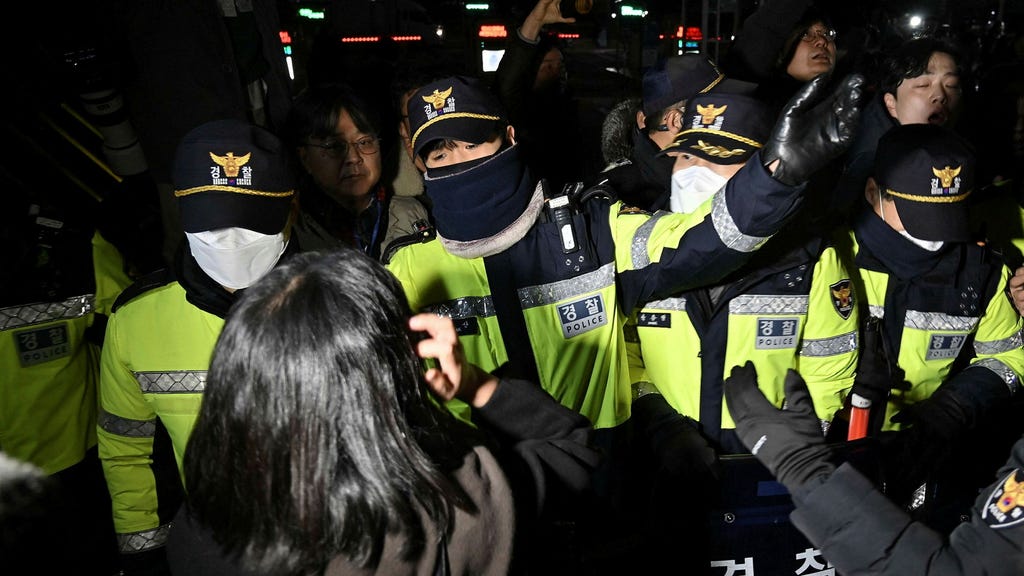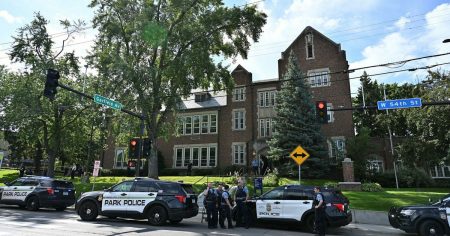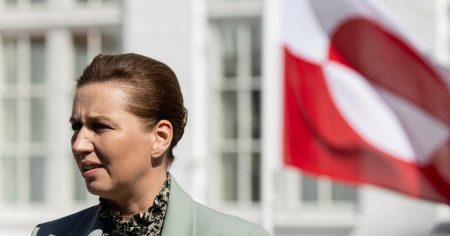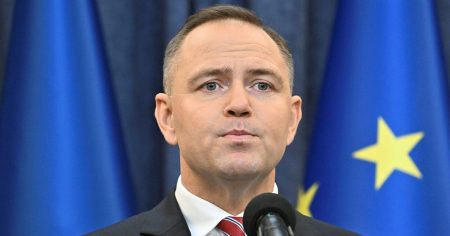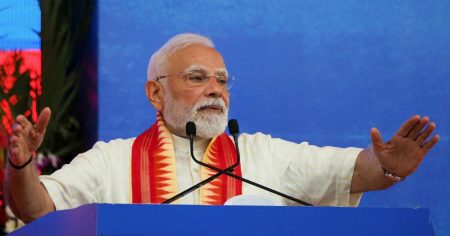The sudden imposition of martial law by South Korean President Yoon Suk-Yeol on Tuesday sent shockwaves throughout the nation, triggering hours of widespread anxiety and uncertainty before the decree was ultimately rescinded by a parliamentary vote. This dramatic move, unprecedented in recent South Korean history, has sparked intense speculation about Yoon’s motivations and the underlying political instability that may have prompted such a drastic measure. While the official reasons remain shrouded in ambiguity, the incident has raised serious concerns about the future of democracy in South Korea and the potential for further political turmoil.
President Yoon’s decision to invoke martial law, even temporarily, represents a significant escalation of executive power and a departure from the norms of democratic governance. Martial law, by its very nature, suspends ordinary legal processes and grants the military extensive authority over civilian life. While governments may resort to such measures in times of extreme national emergency, such as war or widespread civil unrest, the circumstances leading to Yoon’s decree remain unclear, fueling suspicion and raising questions about the legitimacy of the action. The rapid reversal of the decision by the parliament suggests a lack of consensus within the government itself, further deepening the sense of political unease.
The incident has exposed deep fissures within South Korean society and highlighted the growing polarization of the political landscape. President Yoon has faced declining approval ratings since taking office, and his leadership has been marked by controversy and criticism. The imposition of martial law, even briefly, can be interpreted as a desperate attempt to consolidate power and suppress dissent. It underscores the fragility of democratic institutions in a country that has only recently transitioned from authoritarian rule. The swift parliamentary response, however, demonstrates the resilience of these institutions and the importance of checks and balances in preventing executive overreach.
The potential implications of this incident are far-reaching and could have a lasting impact on South Korea’s political stability. The incident has undoubtedly eroded public trust in the government and raised concerns about the potential for future abuses of power. It has also exposed the vulnerability of democratic institutions to manipulation by those seeking to maintain control. The incident serves as a stark reminder of the importance of vigilance in safeguarding democratic principles, particularly in countries with a history of authoritarianism. Moving forward, it is essential for South Korea to engage in a thorough and transparent investigation into the circumstances surrounding the imposition of martial law to ensure accountability and prevent similar incidents from occurring in the future.
The international community is closely watching the developments in South Korea with concern. The stability of the Korean peninsula is of paramount importance to regional security and global peace. The incident has raised questions about South Korea’s ability to maintain its democratic trajectory and its commitment to upholding the rule of law. International pressure and diplomatic efforts may be necessary to encourage dialogue and reconciliation within South Korea and to prevent further escalation of political tensions. The incident underscores the importance of international cooperation in promoting democracy and human rights and in supporting countries facing internal political challenges.
The sudden and short-lived imposition of martial law in South Korea has served as a wake-up call, highlighting the fragility of democratic institutions and the importance of constant vigilance in protecting them. While the immediate crisis has been averted, the underlying tensions and political divisions remain. The incident has exposed deep societal fractures and raised serious questions about the future direction of the country. Moving forward, it is essential for South Korea to embark on a path of reconciliation and dialogue, strengthening its democratic institutions and rebuilding public trust. The international community should continue to support South Korea’s democratic development and encourage a peaceful resolution to its internal political challenges. The incident serves as a potent reminder that democracy is a constantly evolving process that requires continuous nurturing and protection. It is a reminder that even in established democracies, the potential for backsliding always exists and that eternal vigilance is the price of liberty.





